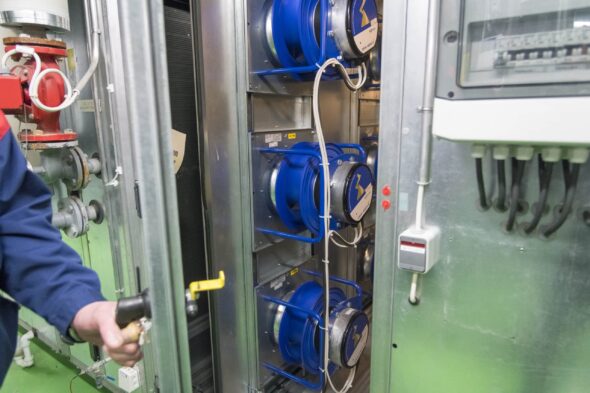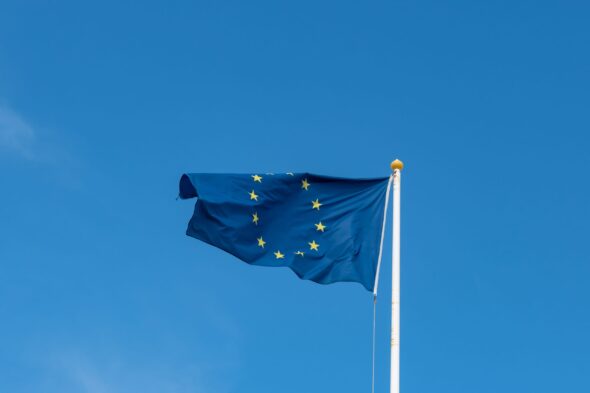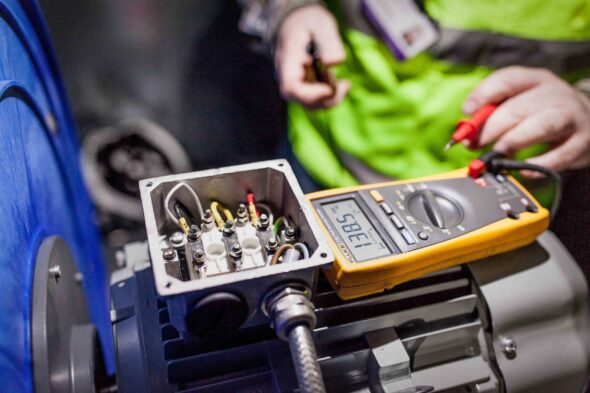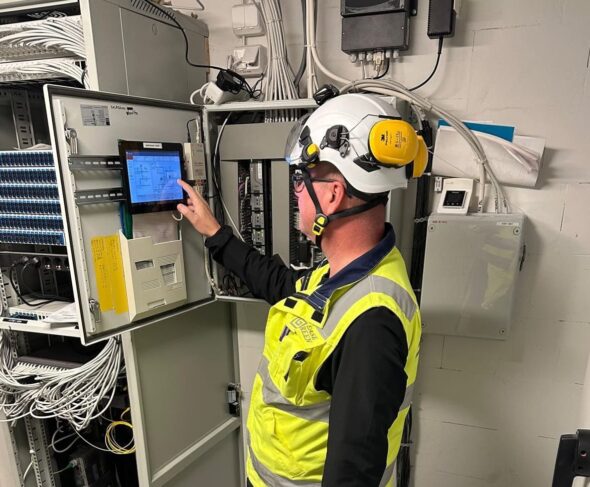The world’s biggest companies are hiding information about the impact of critical climate risks on their finances and finances. Many companies do address climate risks in their corporate responsibility reports, but the information published in these reports is not adequately reflected in financial information or is contradictory. Even the auditors are not really reacting to these contradictions, not yet.
In September, a major study was published examining the climate risks and financial reporting transparency of 107 global companies operating in carbon-intensive sectors. These included energy companies, cement factories and car manufacturers. The Carbon Tracker Initiative and the Climate Accounting Project, which produced the report, concluded that 70% of this group were unable or unwilling to demonstrate whether climate risks had been taken into account at all in the preparation of the 2020 economic information.
The report has been prominently reported in the Financial Times, one of the world’s most respected financial media. What the FT writes about today will affect big Finnish companies tomorrow. The main beneficiaries are energy companies and large energy users such as industry and the real estate sector.
More transparency, please!
According to the FT, BMW, for example, did not say what the value of its large leasing fleet would be affected by the phasing out of internal combustion engine technology. Airbus did not assess the impact of new, more sustainable fuels on the life cycle of existing aircraft. The oil company Repsol used a different estimate of oil prices in its carbon neutrality plan than in its economic information.
Oil and gas companies’ estimates of the price of the commodities they produce were sometimes significantly higher than those of the International Energy Agency ( IEA), considered the industry’s authority. None of the companies surveyed published a sensitivity analysis related to the Paris climate targets.
Such gaps and inconsistencies mean that corporate financiers and investors do not have the best possible understanding of the risks and future of the companies they finance. Bad investment decisions made because of poor transparency are anathema to large institutional investors.
The solution is already at hand: tougher standards and enforcement. Investors have the same interest as the European Union. The economy and investment markets need rules that guide action to reduce emissions as efficiently as possible.
The EU is developing a taxonomy as a reference framework to define what is sustainable and what is not. The demands of large investors and financiers are reflected in the work of auditors and the development of IFRS, the international rules for financial reporting by large companies, etc.
These changes will not come as a surprise to those who have gone before.
The top Finnish companies (e.g. Kesko, Neste and UPM) have performed very well in the benchmarking of responsible business and reporting. I know personally and through my work a growing number of Finnish real estate and industry leaders who have made reducing emissions a strategic competitive advantage. They are speeding up because they see that the gap between empaths and sceptics is widening.
Better to be a forerunner than an empath
Among empathisers, many climate-related pressures are understandably distressing. But everything has a purpose.
The opportunities for denigration and evasion are rapidly diminishing. Those companies that engage in climate-damaging activities will pay a price for the damage they cause, and that price is rising all the time. Green washing is becoming more difficult. Unfounded hype will be reduced.
Funding has emerged as a key means of influence. Emissions trading is second and regulation is third.
The big global companies always get the limelight in these exercises. However, the same pressure applies to all publicly listed companies, and private companies are not immune.
And while investors are asking uncomfortable questions of large companies, they will soon have to ask the same questions of smaller suppliers and service partners. In these circumstances, a headlong rush is a wiser strategy than slowing down. Active Finnish companies have a good chance of emerging as winners from this change – above all thanks to low-emission and increasingly sustainable Nordic energy production.
A reversal of the wind tide is unlikely, and cynicism can be costly. In the worst case, it can lead to the destruction of the company.
As a result of this major process, the conditions for mitigating climate change are improving rapidly. Money moves faster and more efficiently than politicians’ decisions.
The development of accounting standards, reporting and auditing very rarely crosses the news threshold, but this work is crucial if the amount of bad climate news is to be contained as quickly and effectively as possible.
The author Thomas Luther is the CEO of LeaseGreen. LeaseGreen is an energy efficiency booster for large buildings and a driver for climate action. Lower costs, cleaner returns. Together with its customers, LeaseGreen is working on Finland’s most impressive climate action – one property at a time.












